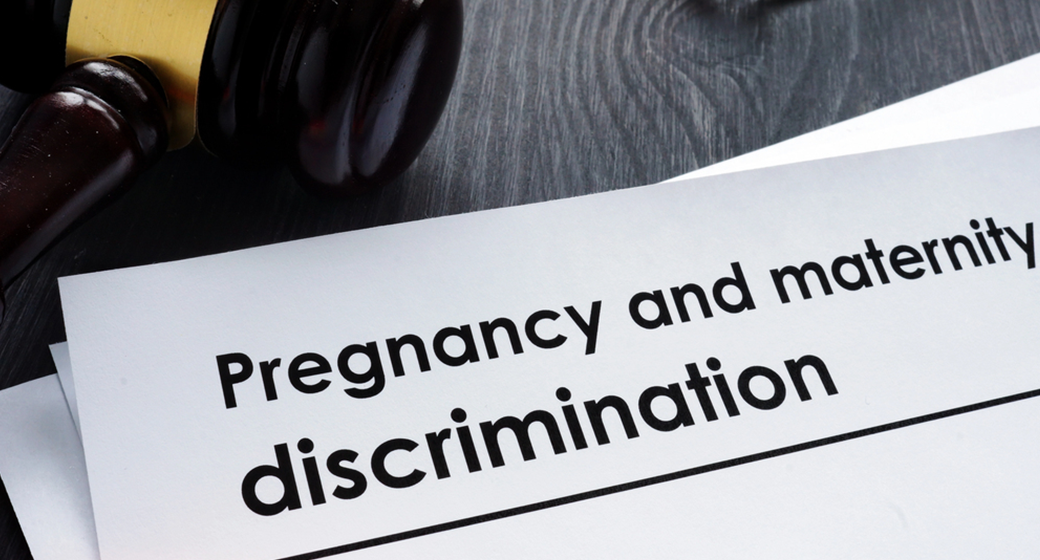
-
Posted By Sirmabekian
-
2024
-
0 Comments
California pregnancy discrimination laws are among the most comprehensive in the nation, ensuring pregnant employees are afforded the protections they deserve. These laws mandate that pregnant workers be treated with fairness, respect, and equality in the workplace, safeguarding them from discriminatory practices related to pregnancy.
California’s Legal Protections for Pregnant Employees
The state’s pregnancy discrimination laws are primarily governed by the Fair Employment and Housing Act (FEHA). FEHA prohibits employers from discriminating against employees based on pregnancy, childbirth, or related medical conditions. This means that an employer cannot fire, demote, harass, or take any other adverse action against an employee because of pregnancy or childbirth.
The law applies to employers with five or more employees, covering most workers in the state. It requires that employers treat women affected by pregnancy the same as other employees who are similar in their ability or inability to work.
Pregnancy Disability Leave
Under California law, if a woman is disabled by pregnancy, childbirth, or a related medical condition, she is entitled to up to four months of pregnancy disability leave (PDL). This leave is available even if the employer does not offer disability leave for other types of medical conditions. This is distinct from parental leave, which may be taken after the child’s birth.
Reasonable Accommodation
Employers must also provide reasonable accommodations for pregnant employees when requested, with the advice of their healthcare provider. Accommodations might include modifying work duties, providing more frequent breaks, allowing telecommuting, or offering a temporary transfer to less strenuous or hazardous work.
Protections Against Harassment
California laws also protect pregnant employees from harassment in the workplace. This includes unwelcome conduct based on pregnancy or childbirth. Employers are responsible for preventing and correcting such behavior in the workplace.
Rights Upon Return to Work
Following pregnancy-related leave, employees are entitled to return to their previous position or a comparable one. This rule prevents pregnant employees from facing career setbacks due to their absence. Employers are required to provide the same seniority, pay, and other job benefits as if the employee had remained continuously employed throughout the leave period.
Interactions with Other Laws
California pregnancy discrimination laws interact with federal laws, such as the Pregnancy Discrimination Act (PDA) and the Family and Medical Leave Act (FMLA). In many cases, California laws provide greater protection than federal laws, but pregnant employees are entitled to protection under both.
Enforcing Your Rights
Employees who believe they have been discriminated against because of pregnancy can file a complaint with the California Department of Fair Employment and Housing (DFEH). The DFEH investigates complaints and can mediate disputes between employees and employers to reach a resolution.
Ensure Fair Treatment at Work: Expert Legal Help for Pregnancy Discrimination
California’s pregnancy discrimination laws offer comprehensive protection that contributes to fair and equitable treatment for all employees. If you believe you’ve been subjected to pregnancy discrimination in the workplace, you must stand up for your rights.
At Sirmabekian Law Firm, we are dedicated to fighting against workplace injustices and ensuring that pregnant employees are treated with the fairness and respect they deserve under California law. Our experienced employment lawyers specialize in pregnancy discrimination cases, among others.
Contact us today for a free consultation. Let us help you secure the justice and compensation you are entitled to, protecting your career and your future family life.
 English
English Spanish
Spanish